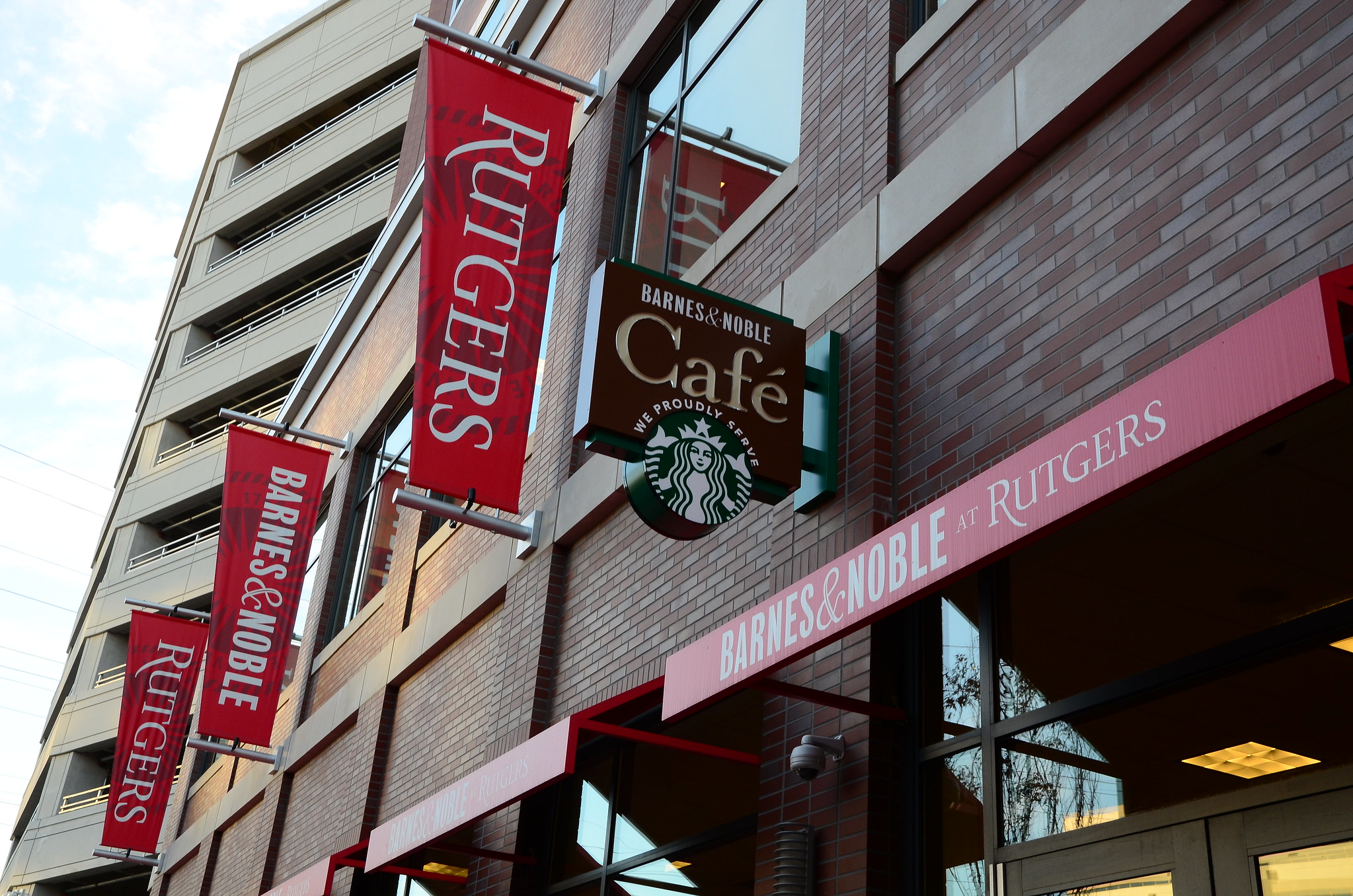SBA Won’t Even Try To Collect On PPP Loans That Are Supposed To Be Paid Back, Citing ‘Equity’
In what could amount to theft from an estimated $800 billion program, the federal government won’t even try to recover any coronavirus-related loan that didn’t meet forgiveness conditions.
The pandemic aid was administered by the Small Business Administration (SBA). Paycheck Protection Program (PPP) stated that it will not collect on loans that should be paid back, provided the amount is below $100,000. The majority of the 12,000,000 loans issued in 2020 and 2021 were less than $100,000.
The agency’s inspector general, which is tasked with policing waste, fraud, and abuse, sounded the alarm at SBA’s decision, saying its logic does not add up and it should suspend the decision.
“SBA ending collections on PPP loans valued at $100,000 or less is not in compliance with applicable criteria,” The IG wrote. “SBA is potentially increasing the taxpayer burden by missing the opportunity to collect on these delinquent PPP loans,” It Write.
It stated that the federal government encourages fraud against future governments by allowing Americans large amounts of money they do not have access to.
“Ending collections could set a precedence for future stimulus programs and incentivize ineligible borrowers to obtain loans valued at $100,000 or less. However, continuing to pursue collections will help ensure accountability from delinquent borrowers and promote program integrity,” It was.
The majority of the loans were “forgivable,” This basically means that they were converted into grants. However, if the recipients didn’t meet certain conditions, they were due to return the money. But the agency lets them keep the money. One million borrowers who owe $17 billion in loans have not asked for forgiveness of loans below $100,000.
“SBA made a decision to formally end collections on purchased PPP loans with an outstanding balance of $100,000 or less. SBA’s rationale for the decision was to provide equitable treatment between smaller sole proprietor borrowers not protected by an incorporation shield and larger incorporated borrowers,” In an, the IG wrote “alert” Questions about the decision. “Therefore, borrowers that have a purchased PPP loan with an outstanding balance of $100,000 or less would not be referred to the U.S. Department of the Treasury for collections or other collection measures.”
Agents are allowed to stop trying to collect money owed only if the costs of recovering the money exceed the money. SBA claimed that was the case, but the IG said that was doubtful, and that the SBA didn’t even run the numbers.
“SBA purchased these PPP loans because the lender identified that the borrowers were 60 days or more past due on scheduled loan payments. However, SBA did not pursue collections on these loans. Instead, SBA charged off these loans and made no referral to Treasury, without conducting a sufficient cost benefit analysis to support ending collections,” It was.
The government also has the option of referring the loans directly to the Treasury, in accordance with the normal procedures. It can then recover the money quickly and easily, as well as withholding any future tax refunds. To prevent them from obtaining other government programs, it also places their name on a waiting list.
And SBA did not give up on trying to claw back money that Americans weren’t entitled to because it proved fruitless. It never tried. “We also did not find any evidence that SBA made any attempts to collect on the purchased PPP loans. At the onset of SBA purchasing the PPP loans in July 2021, it decided not to pursue debt collection for the purchased PPP loans,” The IG wrote.
PPP loans were provided by banks. The government was required to take over the loans if the problems arose. The government investigated and found that several financial institutions had committed fraud. Cavalier attitude Therefore, it’s best to take a hands-off approach. fraud because the more loans they processed, the more money they made–and when loans were approved despite being ineligible, it was taxpayers, and not the bank, who would eat the cost.
Although banks are required to make an initial effort to collect money before selling the loan, SBA does not require banks or other institutions to provide evidence of that effort, the IG stated.
Agency can suspend collection if the person is unable or unwilling to pay. This was not investigated by the SBA, so some money may have gone to extremely wealthy people.
SBA “stated in its analysis that the decision to end collections was to ensure equitable treatment between smaller sole proprietor borrowers and larger incorporated borrowers. SBA stated in its analysis that collecting would only affect the individuals who are borrowers of larger corporations, but the collection efforts would be undertaken by sole proprietors. These sole proprietors would not be protected under the incorporation shield. However, SBA’s analysis did
" Conservative News Daily does not always share or support the views and opinions expressed here; they are just those of the writer."





Now loading...